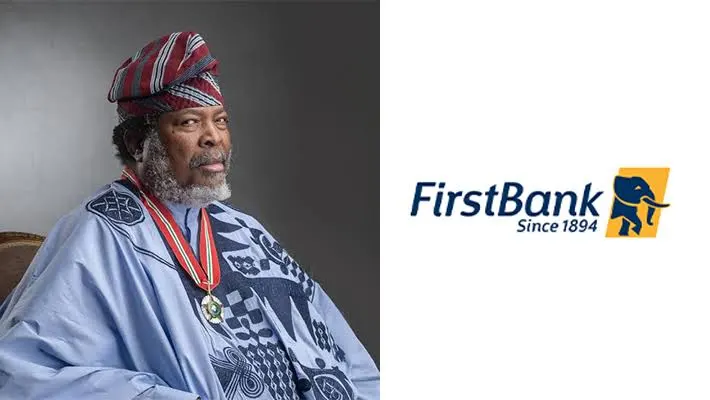1.1K
By Lizzy Chirkpi
The Court of Appeal has ruled in favour of First Bank of Nigeria Plc, overturning a High Court decision that earlier dismissed the bank’s claims against General Hydrocarbons Limited (GHL), a company owned by media entrepreneur, Nduka Obaigbena.
In its judgment, the appellate court directed the immediate sale of crude oil cargo worth $64 million currently stored on the FPSO Tamara Tokoni, declaring that the proceeds should go towards offsetting the debt owed to First Bank.
The court held that GHL had “fraudulently diverted proceeds from crude oil sales” rather than repaying the loans it had collected from the bank, thereby breaching contractual obligations.
The legal tussle between First Bank and Nduka Obaigbena’s General Hydrocarbons Limited dates back several years, following allegations that the company obtained substantial loan facilities but failed to meet repayment obligations.
In the High Court ruling, the now overturned First Bank’s claims were dismissed, providing temporary relief for Obaigbena. However, the Appeal Court has now affirmed the bank’s position, noting that evidence showed a deliberate diversion of funds that should have serviced the loan.
This is not Obaigbena’s first brush with controversy over unpaid debts. In 2015, he was named in the Dasuki Arms Scandal, accused of collecting ₦670 million from the then National Security Adviser, Col. Sambo Dasuki (rtd.).
Following the revelations, Obaigbena reportedly left the country for a period, sparking criticism over his financial dealings. The businessman, who has often been accused of borrowing without repayment, is now faced with yet another legal setback.
With this ruling, First Bank is legally empowered to dispose of the crude oil cargo aboard FPSO Tamara Tokoni to recover part of its outstanding debt.
For Obaigbena, the judgment adds to a history of financial disputes that continue to cast a shadow over his business empire.
The case could set a precedent in the enforcement of loan recoveries within Nigeria’s oil and gas sector, where defaults are common and recovery processes are often protracted.



